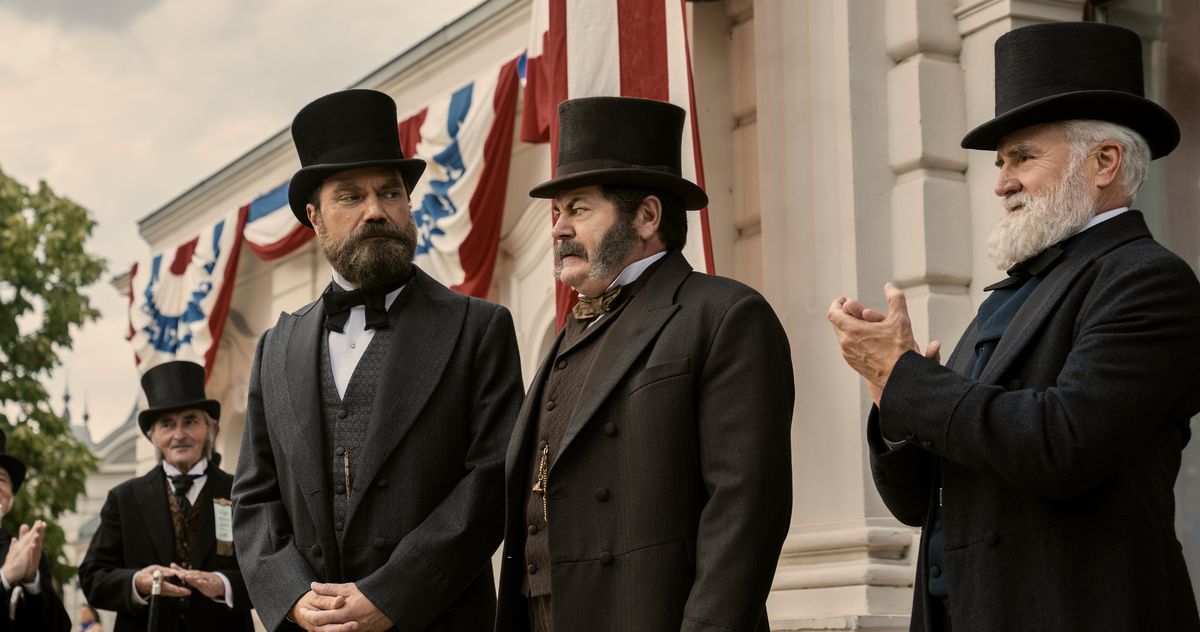
"The greatest virtue of the Steven Spielberg biopic Lincoln, which the playwright Tony Kushner adapted from Doris Kearns Goodwin's book Team of Rivals, is that it's about the fundamental lack of virtue that comes with being president. For as much as Abraham Lincoln is flattened out into "Honest Abe," the universal choice for the greatest of all American presidents, his lionization papers over the horse-trading"
"But "Party Faithful" suggests that as much as Garfield appeared to be Lincoln's spiritual successor in the Republican Party, he may not have had the stomach for the job. The premiere episode was wonderfully ambiguous about the nature of Garfield's political aspirations: He arrived at the Republican National Convention with no intention other than giving a quixotic endorsement to John Sherman and left it as its seemingly reluctant nominee. Was"
Steven Spielberg's Lincoln emphasizes that the presidency entails a fundamental lack of virtue because accomplishing goals requires horse-trading and compromise. Abraham Lincoln's public lionization obscures backroom dealings and the unsavory political actors who enable legislative success. James Garfield's potential as president remains uncertain because he spent most of his brief term fighting for his life. The premiere "Party Faithful" portrays Garfield as an ambiguous figure whose modest demeanor may mask private ambitions. Campaign pressures immediately confront Garfield's idealism, posing a choice between rigid principle and pragmatic compromise that could diminish his reformist vision.
Read at Vulture
Unable to calculate read time
Collection
[
|
...
]